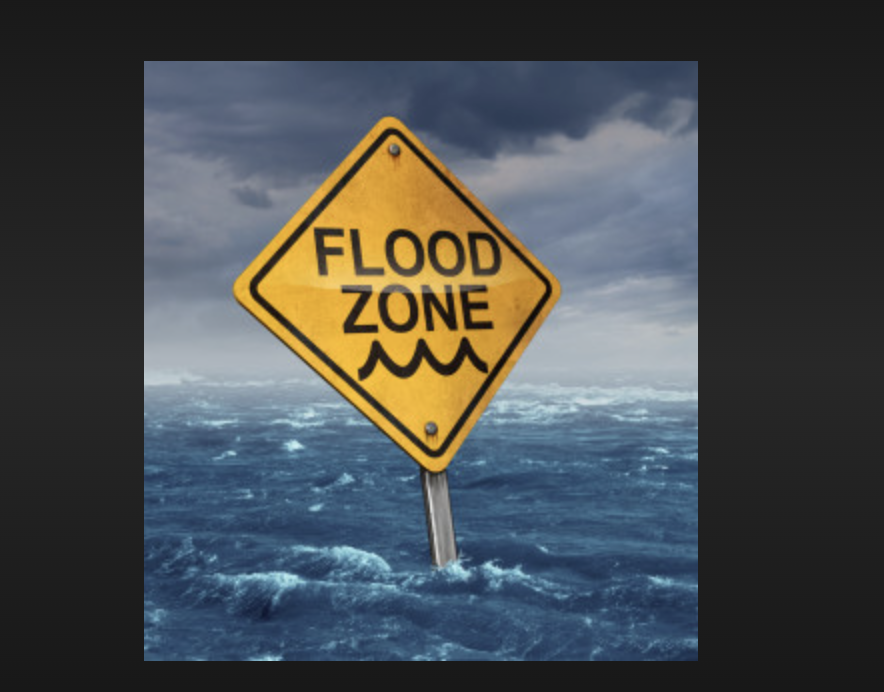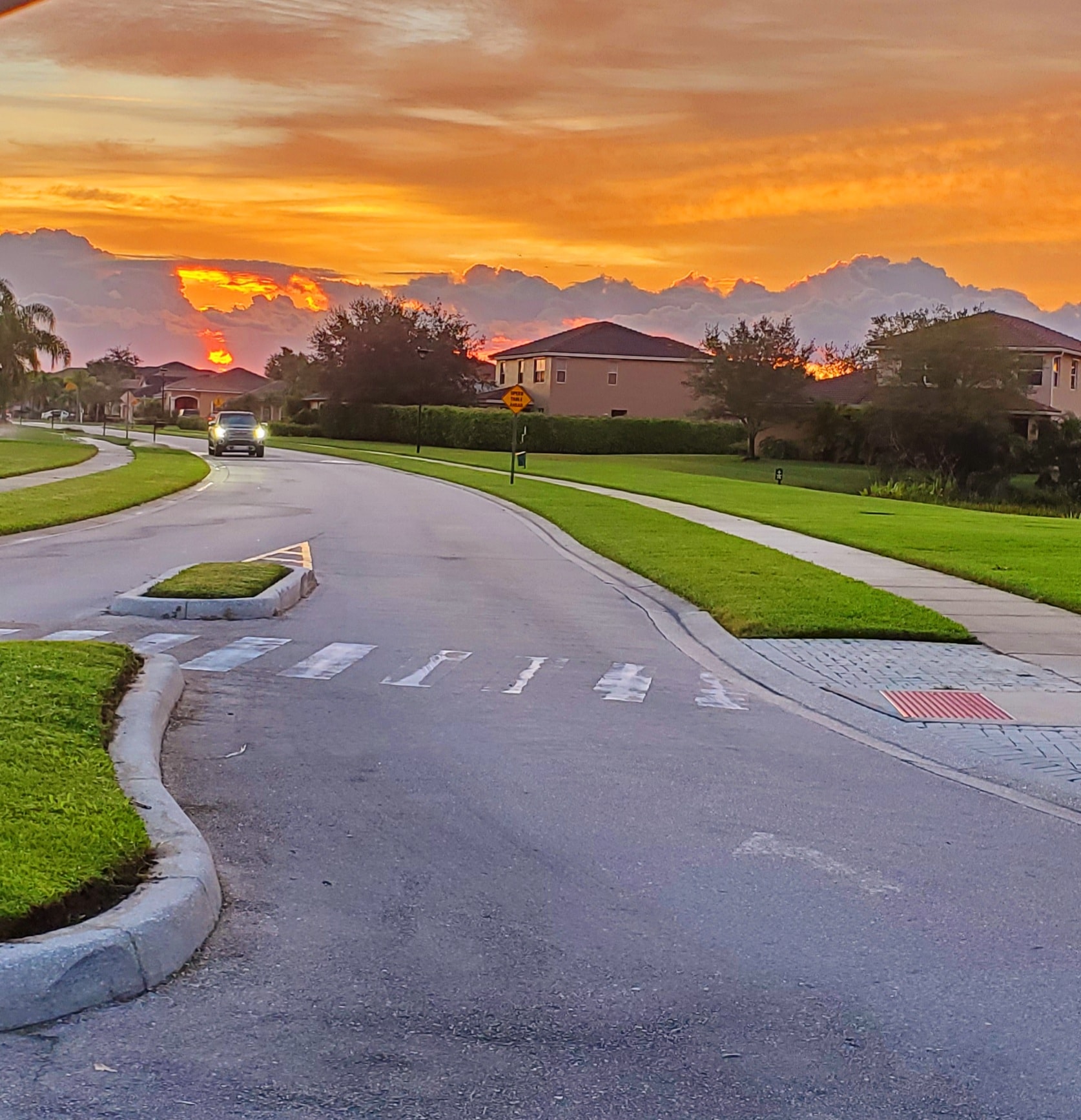With the 2025 hurricane season approaching, it’s more important than ever for residents in high-risk areas, such as Florida, to prepare. This means gathering crucial information and staying up-to-date with weather patterns.
Since hurricanes can cause devastating damage, disrupting communities and posing serious risks to people, animals, and their homes, staying current with practical advice isn’t just advisable, but essential. This helpful Hurricane guide focuses on 2025 hurricane season predictions so you and your loved ones can stay safe when a natural disaster strikes. It answers paramount questions, such as “When is hurricane season in Florida in 2025?” and what it means for the Treasure Coast.

Understanding the 2025 Hurricane Season
To track and discuss storms, the names for hurricane season 2025 differ from those of previous years. This is also crucial when multiple storms co-occur, especially when communicating critical information to residents.
But who names hurricanes? The World Meteorological Organization (WMO) is responsible for naming hurricane season 2025, along with tropical storms in numerous regions, including the Atlantic.
Residents also need to know specifics about these storms and when they strike, with questions about cyclones looming large for those looking to prepare in advance. Hurricane season in Florida extends from June 1 to November 30. Throughout this time frame, weather conditions are most favorable for tropical storms and hurricanes, which occur across the Atlantic Ocean, the Gulf of Mexico, and the Caribbean Sea.
Since Florida is at the crossroads of the Atlantic and Gulf hurricane basins, the Sunshine State is especially vulnerable to hurricanes between June 1 and November 30. Florida can typically expect hurricanes from mid-summer through fall, with peak activity usually occurring between August and October.
For us here on the Treasure Coast, that means you should be prepared and have supplies ready to go should an adverse weather system start.
This is why residents need to know when hurricane season is in Florida, as it can keep them safe and prepare them for all types of weather patterns. Families can take necessary precautions, and businesses can develop emergency preparedness plans in advance.

Hurricane Milton brought wind, rain, and damage to Florida in 2024.
2025 Hurricane Season Predictions
Meteorologists work overtime with climate scientists to predict hurricane season and its subsequent activities. They study atmospheric and oceanic conditions, working to ensure everyone’s safety.
The National Oceanic and Atmospheric Administration (NOAA) predicts that the 2025 hurricane season in Florida will have a 30% chance of being near-normal. There is also a 60% chance that the season will be above normal. Additionally, there is a 10% chance that the season will be below normal.
To prepare for the 2025 hurricane season predictions, NOAA is forecasting between 13 and 19 total named storms. Between 6 and 10 of the storms are expected to become hurricanes.
Of these, between 3 and 5 will become major hurricanes. This means they’ll be a category 3, 4, or 5, and their winds will be 178 km/h or 111 mph or higher.
Hurricane Season 2025 Names
2025 may be an active hurricane season, with warm sea surface temperatures likely playing a significant role. Additionally, atmospheric moisture levels and El Niño or La Niña patterns — or the absence of them — all play a role. Warm water is a key ingredient in hurricanes, so if the Atlantic Ocean remains warm for more extended periods than usual, the incidence of storms increases.
According to the National Hurricane Center and the Central Pacific Hurricane Center, 2025’s names include:
- Andrea
- Barry
- Chantal
- Dexter
- Erin
- Fernand
- Gabrielle
- Humberto
- Imelda
- Jerry
- Karen
- Lorenzo
- Melissa
- Nestor
- Olga
- Pablo
- Rebekah
- Sebastien
- Tanya
- Van
- Wendy
On average, storm names are recycled every six years. If the storm is particularly devastating or damaging, the name will be retired. Residents should always stay up-to-date on the list of storm names so they can track them as they develop.

Resources for Hurricane Season Preparation
Preparation is one of the most essential parts of weathering the 2025 hurricane season safely. Here is a list of hurricane resources to keep you and your family safe.
National Hurricane Center (NHC)
The NHC and Central Pacific Hurricane Center (CPHC) issue frequent updates about tropical weather threats. This is an excellent source of information for residents looking to track storms, especially 48 hours before hazardous conditions are expected, when watches are issued, and 36 hours before hazards are anticipated in a specific area.
Local Emergency Management Offices
- St. Lucie County Hurricane Resources
- Martin County Hurricane Resources
- Indian River County Hurricane Resources
Counties on the Treasure Coast and all over the state have their own emergency management offices. They provide residents with localized evacuation routes, shelter information, and disaster assistance programs. These offices are crucial for residents navigating the 2025 hurricane season in Florida.
Weather Apps and Alerts
Install apps and ensure you receive push notifications. These notifications warn of hurricane watches and warnings.
Some apps include FEMA, AccuWeather, and the Weather Channel. If local emergency alert notifications are offered, always sign up for them.
Our favorite is Mike’s Weather Page, one of the most prominent and up-to-date professionals giving tropical weather information.
Community Preparedness Programs
It’s common for communities to host workshops and drills aimed at educating residents on how to prepare for hurricanes. When you participate in these programs, you’re building confidence while preparing yourself for a natural disaster.
Tips for Preparing for Hurricane Season 2025
To reduce the stress and dangers associated with hurricanes, it is essential to prepare in advance. Here are some essential and practical safety tips for the 2025 hurricane season:
Create an Emergency Plan
Know your evacuation routes and shelter locations. Select a designated meeting place for family members if separated.
Have a plan for pets, as many shelters don’t accept them. Additionally, have a strong communication plan in place if cell service is spotty or disrupted altogether.
Build an Emergency Kit
Your emergency kit should include:
- Water: The recommended ratio is one gallon per person per day for at least three days
- Non-perishable food (it’s recommended to have a three-day supply per person)
- Battery-powered or hand-cranked radio
- Flashlight with plenty of extra batteries
- First aid supplies
- Medications and personal hygiene items
- Essential documents, kept in a waterproof container
- Cash and credit cards
Additionally, have tools and supplies, including a wrench, pliers, and duct tape.

Protect Your Home
Always protect your home in advance. Install storm shutters and, at the very least, board up all windows.
If any outdoor items are loose, ensure they are securely fastened. This includes grills, furniture, and more.
Next, check your roof and gutters.
Can they weather the storm? Is anything loose or in need of repair? If you find any debris in downspouts, clear it well in advance.
Stay Informed
Constantly monitor weather updates regularly. If evacuation orders are issued by local officials, along with advice on staying safe, follow them promptly and without delay.
Familiarize yourself with the difference between a “watch” and a “warning.” For example, a watch is when conditions are possible within the next 48 hours, whereas a warning is when conditions are expected within 36 hours.
Prepare Financially
You should always review your insurance policies in advance. This includes flood coverage.
Always document your property with photos or videos before a storm and after it passes. Know the best way to contact your mortgage lender, insurance company, or other financial institutions if a natural disaster strikes.
Special Considerations for Florida in 2025
An uptick in development and the impacts of climate change pose significant challenges for residents during hurricane season. The state’s coastline is long and densely populated, making it vulnerable to natural disasters, especially hurricanes. With stronger storms and rising sea levels further complicating the situation, residents face several challenges that they must be aware of.
Evacuation challenges arise during storms. This is caused by heavy traffic and limited shelter space. Always plan early and follow official guidance to avoid any last-minute chaos.
Power outages present another issue, which is why you should stock up on batteries, have alternative ways of charging phones and other devices, and consider investing in a generator.
Flooding is another potential concern, especially during heavy rainfall. This applies to both coastal and inland areas.
The best thing you can do is always know your flood risk zone. Regardless, take whatever precautions are necessary, including elevating essential belongings in the event of a flood.

Be Prepared for Florida’s 2025 Hurricane Season
The 2025 hurricane season is expected to be active and, as such, requires serious and advanced preparation. It doesn’t matter if you live in Florida or other regions prone to hurricanes; you should always understand hurricane season predictions. You can do so by keeping track of current hurricane names and knowing when hurricane season is in full swing.
There are plenty of resources available, so use them. Install weather apps and pay attention to local emergency management offices. Please focus on the National Hurricane Center and what information they offer.
Always have an emergency plan in place for you and your family. Assemble a kit and secure your home.
You’ll protect yourself and your loved ones in the event of a natural disaster like a hurricane. The correct information helps residents navigate hurricane season as best as possible.






